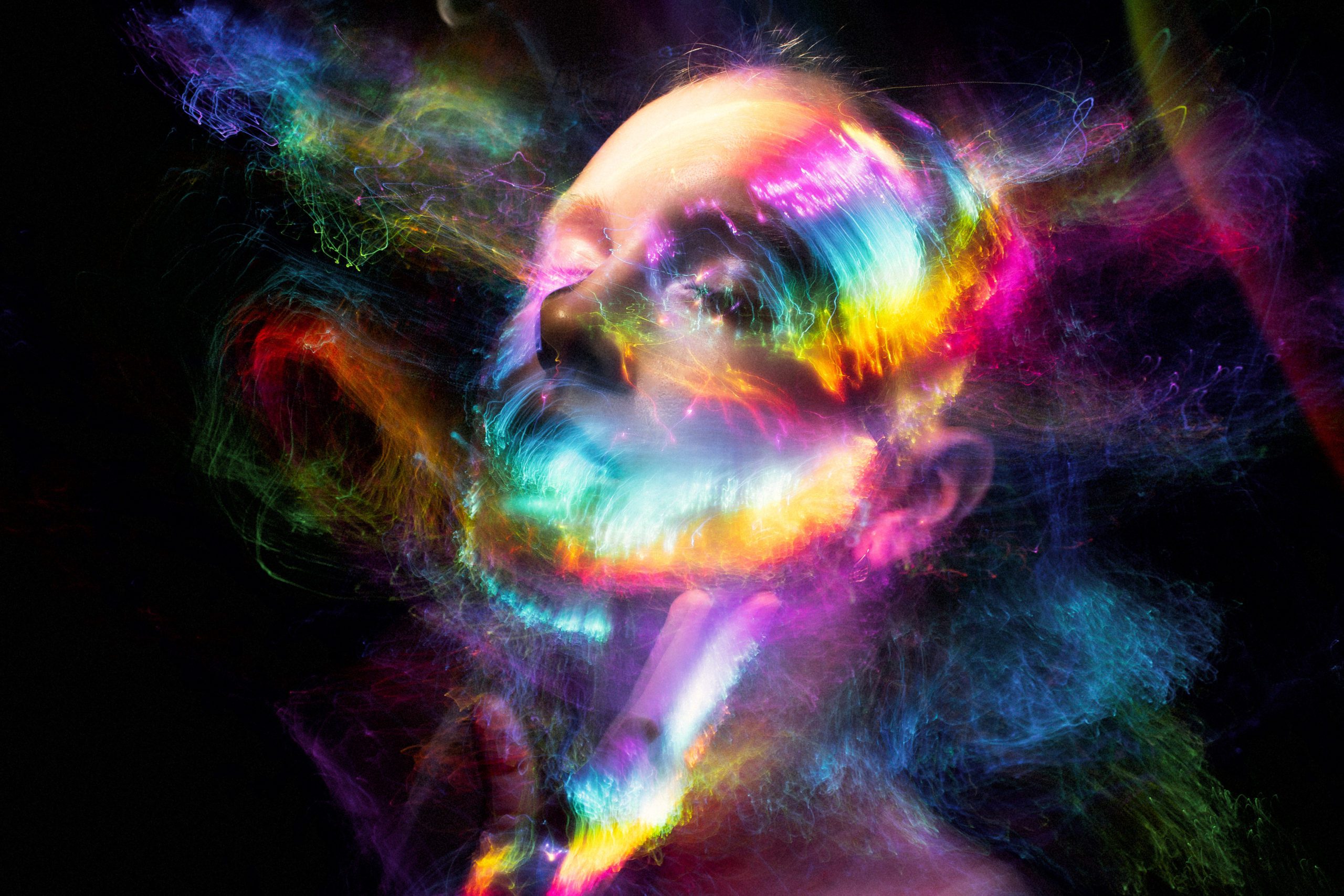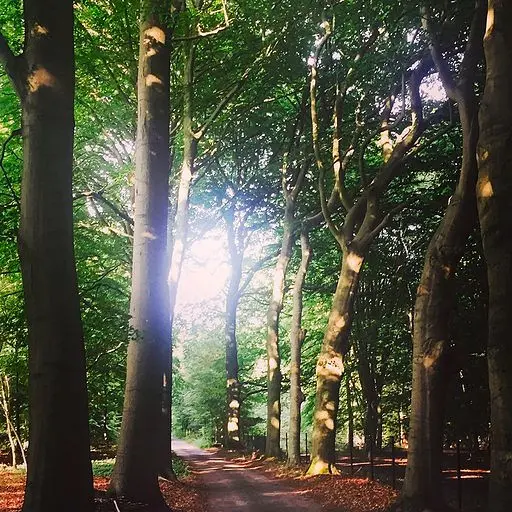
Can Psilocybin Treat Depression? FAQs
For many people worldwide, depression is an intolerable burden. Antidepressants help some to cope, but the symptoms of many others return and morph over time. In recent years, multiple clinical research studies have produced evidence suggesting that psilocybin is a promising compound for treating the root cause of depression, rather than just suppressing symptoms. In this article, we’ll go over psilocybin and depression, as well as unpack a little more about using Beckley Retreats for depression treatment.
What Is Depression?
One in thirty adults suffer from depression[1]. While depression can be easy to recognize, we don’t currently have an accepted definition of what the condition really is. When doctors diagnose depression, they look for low mood, a loss of the ability to take pleasure in things, impairment in thinking, negative thoughts about oneself, changes in weight and energy levels, and suicidal thoughts. People often feel deeply stuck, and emotional pain and hopelessness can dominate the mind of a person experiencing depression.
Several treatments for depression were developed throughout the 20th century, relieving suffering for countless people. Sometimes, however, these interventions do not help or only help for a short time. Cases of Treatment-Resistant Depression (TRD) represent the most unrelenting and severe instances of depression. Finding a way to help this group of people is the holy grail for new antidepressant treatments. Over hundreds of years, psilocybin has been used for many purposes, from religious to cultural experience. So, naturally, the question is becoming increasingly posed: can psychedelics treat depression, and potentially other mental illnesses?
What Is Psilocybin?
Psilocybin is the psychoactive compound found in magic mushrooms and truffles. Its molecular structure resembles serotonin and, as a result, psilocybin activates serotonin pathways in the brain. When ingested, psilocybin produces dramatic alterations in consciousness that can last up to six hours. Mushrooms have been used ceremonially across the world for thousands of years – now, many are beginning to unpack the relationship between psilocybin and depression, how it can be used for treatment, and how to go about treatment for depression in the future.
Can Psilocybin Treat Depression?
In the modern psychedelic renaissance, the scientific evidence has substantiated the use of psilocybin as a potential treatment for depression. New research on psilocybin and depression began in 2006, when a landmark paper was published by researchers at Johns Hopkins titled, “Psilocybin can occasion mystical-type experiences having substantial and sustained personal meaning and spiritual significance” [2]. In 2016, two labs published findings about using psilocybin for depression showing that such experiences can reduce symptoms for it, as well as anxiety and fear of death, in people suffering from terminal cancer [3,4]. A single dose of psilocybin was found to produce these large reductions in depression, anxiety, and fear of death. A single dose also produced increases in quality of life, feelings of meaning, and optimism. These effects were long-lasting, and observed six months after the initial research in four-fifths of the participants.
The impact of these studies was far-reaching and kickstarted a new wave of psychedelic research, and retreats for depression using psilocybin have since grown more popular. After these promising results, psilocybin began making its way through the Food and Drug Administration (FDA) three-phase drug approval process. In phase one, small studies on fewer than 100 volunteers are used to test a drug’s safety and significant side-effects. Phase two test for effectiveness and safety against a placebo in groups of over 100 participants. In phase three, a drug is tested in thousands of volunteers. Psilocybin has now successfully cleared the first two phases.
In 2022, the pharmaceutical company COMPASS Pathways published their phase two results showing that a single 25mg dose of psilocybin, coupled with psychological support, produced improvements in treatment-resistant depression that lasted for twelve weeks [5]. This was the largest study of psilocybin for depression to date and, following these promising results, COMPASS Pathways announced that phase three trials are set to begin at the end of 2022. As a result, psilocybin-assisted therapy may become legally prescribable in the USA by 2025.
How Does Psilocybin Compare to Antidepressant Medication?
Another study found that psilocybin is as strong an antidepressant as those currently available [6], lending more to the theory that using psilocybin to treat depression is a legitimate strategy. The antidepressant effect of psilocybin has been found to be rapid, while traditional antidepressants can take weeks to build up their effects. Psilocybin and commonly prescribed antidepressant medications, such as Selective Serotonin Reuptake Inhibitor antidepressants (SSRIs), both act on the serotonin system, but in different ways.
SSRIs activate the serotonin 1A receptor, while psilocybin activates the serotonin 2A receptor. One theory proposes that the 1A receptor is involved in passive coping and the numbing of feeling, while the 2A receptor is involved in active coping and making significant changes [7]. While SSRIs may soothe symptoms and allow one to cope, studies consistently show that psilocybin offers the opportunity to address the root of the suffering. If these root causes are not addressed, symptoms typically return. The science is showing that psilocybin has the power to produce lasting change for people with depression, and, unlike SSRIs, they do not need to keep taking the medicine. In many documented cases, a single session was enough for depressive symptoms to go into remission, meaning that the severity of symptoms was reduced by more than half [3]. Knowing what we know now about psilocybin and depression, the possibility for creating depression retreats that focus on improving mental– and spiritual– health is only increasing.
How Does Psilocybin Treat Depression?
Most drugs that help with mental health issues are thought to do so by working at the biochemical level, by altering the balance of chemicals in the brain. While psychedelics also have this effect, research has found that the nature of the psychedelic experience itself is also of great importance in producing the antidepressant benefit; the relationship between psilocybin and depression continues to develop and be understood.
The particular experience that predicted the strength of antidepressant effects is the “mystical experience.” During such a state, one experiences a loss of the sense of self. This reported state of ego-dissolution seems particularly powerful for treating depression.
How Can Mystical Experiences Be Transformative?
Depending on life experiences, it’s possible to feel very safe, connected and supported in the world, or deeply afraid, alone and disconnected. Psychedelic experiences often show a person where they are on this spectrum, allowing for an opportunity to recognize necessary changes to move towards more connection and harmony. These transient experiences show that another way of being in the world is possible, one of radical connection rather than of separation and isolation. While they may only last minutes or hours, mystical experiences can trigger an ongoing process of growth, a process that can unfold over a lifetime. Someone that has dealt with depression for a lifetime can often experience a perspective shift by using psilocybin for treatment, allowing their brain to develop different coping mechanisms.
How Does Psilocybin Affect The Brain?
When an individual ingests a psychedelic substance like psilocybin, the molecules move into the bloodstream and into the brain where they dock on specific cells. This creates electrical changes in these cells which are then passed on to subsequent neurons through the release of certain chemicals. Different neurons in different circuits with different functions respond to different chemicals. The chemicals stick to specialized receptors on the receiving neuron and, when this happens, changes are produced inside that cell. This is why drugs work at all; drugs are chemicals that can dock on receptors and imitate the activity of chemicals that already exist in the brain. Using psilocybin to treat depression can be seen as a way to recalibrate your brain’s relationship with itself.
Psychedelics dock on a specific receptor that usually responds to serotonin. Neurons in the brain that construct a sense of self possess these receptors and, when psychedelics dock there, the activity of these cells is altered, producing an overall suppression of their electrical signaling. This temporarily impairs a cell’s ability to function and, at high enough doses, stops them from creating the feeling of being a separate self, distinct from the rest of the world. Psilocybin and depression begin an inner dialogue with the self that can lead to an improved outlook and increased appreciation for life.
The usual way of being in the world—feeling like a self that acts in reliable routines and habits—is an attempt by the brain to bring some order to the chaos of life. This is useful and advantageous, but too much neurological order leads to inflexible patterns and feelings of being stuck. This is common in individuals with repetitive, depressive thought loops. The flexibility of feelings and behavior is mirrored in the flexibility of patterns of brain activity. Psilocybin puts the brain in a more flexible state where it can explore new ways of being more easily (a higher “entropy” state). In some disorders such as schizophrenia, however, the brain may already have too much entropy. As a result, psychedelics are not recommended for people who are at risk of psychosis.
Psilocybin also affects brain plasticity, the process that underpins learning and the ability to make lasting changes [8]. When followed by thoughtful integration, this change in brain plasticity makes it possible to consolidate the insights from the experience and produce lasting change. In this way, psilocybin helps with depression as it helps support other systems for a better outlook overall.
What To Expect At Beckley Retreats
Beckley Retreats takes safety and integrity very seriously. Our guided psilocybin journeys can offer the opportunity to transform emotional wounds and stuck patterns of behavior. On our 5-night retreats, we offer two psilocybin ceremonies, combined with breathwork, meditation, mindful movement and other transformational practices. This takes place in a safe environment that gives participants the opportunity to open up and connect. In this environment, it’s possible to peel back defenses and come into a more distinct connection with the rest of the world. This is the process of the psilocybin retreat. By diving inside and exploring emotional challenges in a safe setting, psilocybin retreats for depression help attendees to discover what keeps things stuck and, using the insights gathered during ceremony, there’s an opportunity to create lasting ways of being that are in harmony with the world, with other people, and with the self.
References:
[1] https://ourworldindata.org/mental-health
[2] https://link.springer.com/article/10.1007/s00213-006-0457-5
[3] https://www.ncbi.nlm.nih.gov/pmc/articles/PMC5367557/
[4] https://pubmed.ncbi.nlm.nih.gov/27909164/
[5] https://www.nejm.org/doi/full/10.1056/NEJMoa2206443
[6] https://www.nejm.org/doi/full/10.1056/NEJMoa2032994
[7] https://pubmed.ncbi.nlm.nih.gov/28858536/
[8] https://www.nature.com/articles/s41386-022-01389-z#:~:text=In%20humans%2C%20PET%20imaging%20has,5%2DHT2A%20receptor%20density.


